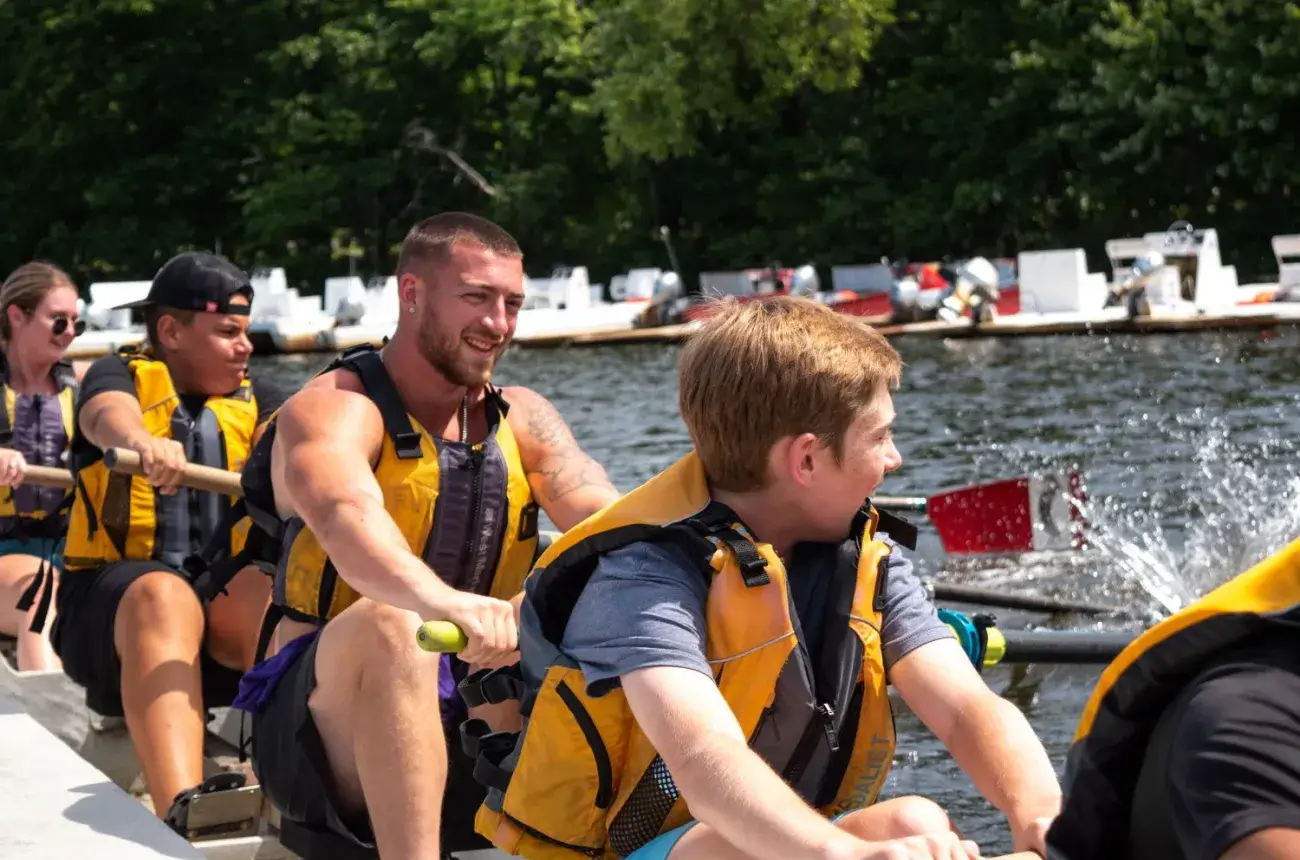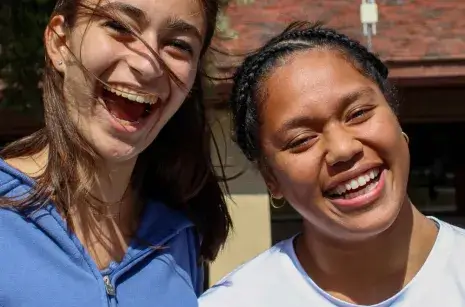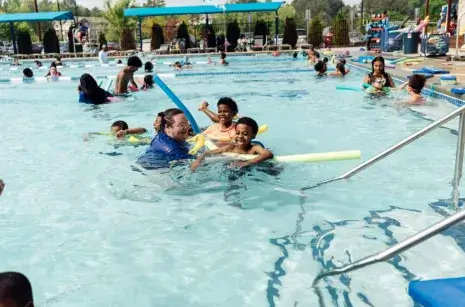Case study
Community Rowing Inc. in Boston, Massachusetts

Creating Relationships through Sport
Sports are a great platform for building friendships. Competition bonds people together in ways few other activities can. As one crew club in Boston shows, sports also have the power to foster socioeconomic diversity and create relationships across class lines.
Historically, rowing has been an expensive and inaccessible sport. Community Rowing Inc. (CRI) offers a different vision. As the only public access organization on the Charles River, diversity is central to CRI’s mission. CRI recruits rowers of all backgrounds, regardless of their ability to pay, ensuring that their boathouse more accurately reflects the make-up of the larger Boston community.
CRI has also made inclusive relationship-building a strategic goal of their program design. The organization used to have separate programs, one for those who could pay, and a grant-funded program for those who could not. A few years ago, the leadership team got rid of these distinctions. Today, people who can pay full price row alongside those who cannot. By putting everyone in the same boat, people of different socioeconomic backgrounds bond through the team experience of rowing.
CRI surveys show that the removal of the pay-based distinctions has activated meaningful engagement across lines of difference within their rowing community: 92% of participants feel like they belong at CRI and 93% said they believe the people in their program interacted well with each and reported feeling connected with others.
Programs like CRI are vital at a time when accessibility gaps in sports are rising. Studies show that young people in low-income households are far less likely to participate in sports than their wealthier peers. CRI demonstrates how to create a program that prevents class segmentation and uses the bonding experience of sport to connect people who might otherwise not have much in common.
Learn more about Community Rowing Inc.

